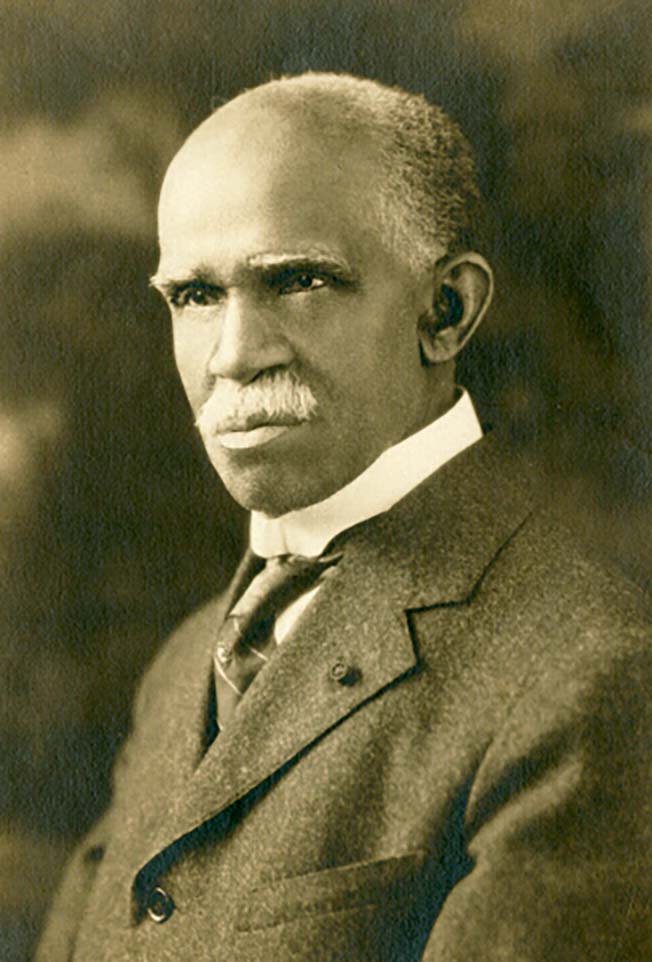John Edward Bruce was born into slavery in Piscataway, Maryland in 1856. When Bruce was three years old his father was sold away to Georgia prompting young Bruce and his mother to escape to Washington, D.C. in fear of losing each other. Bruce and his mother Martha resided with Martha’s cousin, Busie Patterson, who was a body servant to Missouri senator Thomas Hart Benton. This relationship with a powerful white congressman provided the Bruce family with opportunities and access to jobs in white upper-class communities. Martha Bruce, for example, obtained a job in Connecticut working closely with a white family. While in Connecticut, John Edward Bruce enrolled in an integrated school and received his first formal education. Traveling back to Washington, he received a private education and attended Howard University.
Busie Patterson’s connection with the senator was helpful in launching John Bruce’s career in journalism. At age 18 Bruce was an assistant in the office of the New York Times. Starting in 1879 he founded a number of newspapers in the Washington, D.C. area including The Argus Weekly (1879), The Sunday Item (1880), and The Republican (1882) While creating his own papers Bruce was the editor and business manager for the Commonwealth, a major newspaper in Baltimore, Maryland. In 1884 when Bruce was 28 years old he started using the name “Bruce Grit” for his columns. His reputation as an uncompromising opponent of racial discrimination and proponent of African American advancement would grow over the next two decades. In 1910 Bruce was the American correspondent for the African Times and the Orient Review in London. Continuing to use the name “Bruce Grit” he became a regular columnist for several newspapers in the United States, the Caribbean Islands, Europe, and Africa.
Bruce also became prominent on the lecture circuit, giving speeches that addressed lynching, the condition of southern blacks, and the weak American political system that failed to protect the rights of its black citizens. In 1890 he joined activist T. Thomas Fortune’s Afro-American League, the first organized black civil rights group in the nation. He became the organization’s new president in 1898 when it reformed as the Afro-American Council.
In 1911, while living in Yonkers, New York, John Edward Bruce started the Negro Society for Historical Research. His passion for African history led him eventually in 1919 to Marcus Garvey and his Pan-Africa nationalist ideas. Bruce became a father figure to Marcus Garvey when he joined the Universal Negro Improvement Association at the age of 64. He was a featured writer for the organization’s newspapers the Negro World and the Daily Negro Times. Although his health was fading, Bruce continued to work. He worked for the Port Authority of New York until 1922 when he retired. Two years later John Edward Bruce died in New York City at the age of 66.

